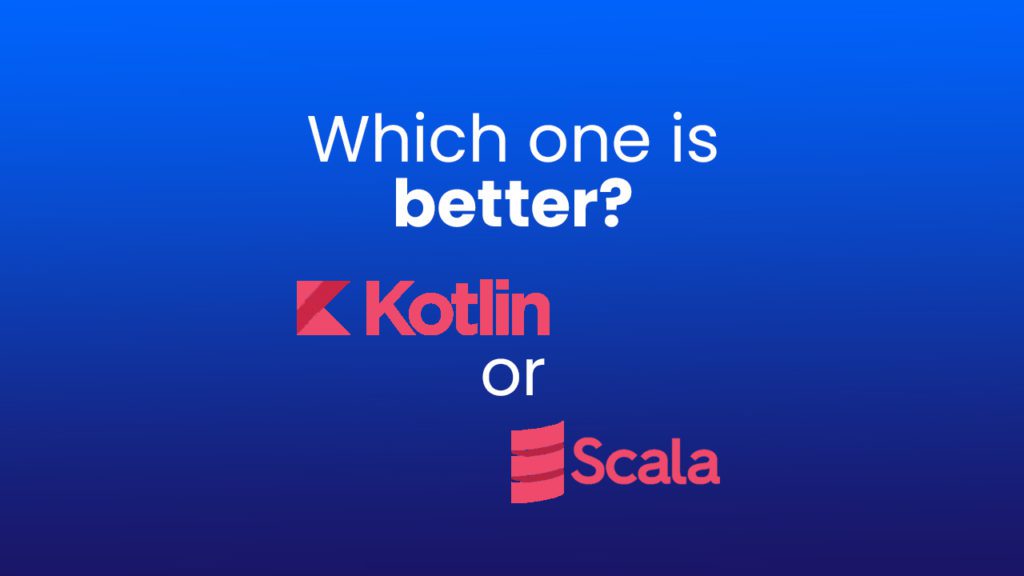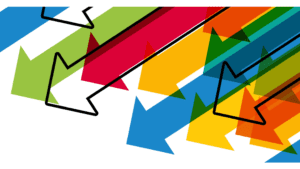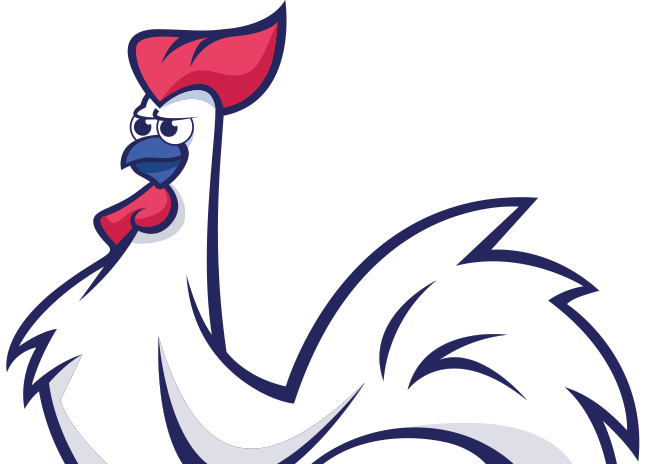Although JavaScript is still the most widely used programming language, there are other notable languages to consider; Scala and Kotlin are two. Scala vs. Kotlin? Each language has its strengths and weaknesses, which will be addressed here.
What Is Scala?
Scala (scalable language) was introduced in 2003. It is a statically-typed high-level language that generates output to the Java Virtual Machine, using a combination of functional and object-oriented programming. Scala is a popular language used for big data projects because of its ability to process and analyze data. Twitter and LinkedIn use Scala.
What Is Kotlin?
Kotlin began development in 2010, intended for use with the Java Virtual Machine and Android. Like Scala, Kotlin is statically typed and can be used in both functional and OOP. Kotlin is intended to be a better Java-like language. It uses less code than Java to accomplish the same thing. Google officially supports Kotlin as an Android app programming language.
Is Scala or Kotlin More Popular?
More developers use Kotlin rather than Scala. Kotlin is more closely aligned with Java, so it’s easier for programmers who are familiar with Java to dive into using Kotlin as opposed to Scala. Scala requires a developer to learn a lot of new concepts.
What Are the Pros and Cons of Scala?
Pros
- Scalability – The name “Scala” is derived from “scalable language.” It is designed to allow many features and paradigms to be used in development projects.
- Quality control – Due to the conciseness of Scala, there is less code than if some other languages are used. Less code equals less chance of bugs.
- Static type system – Scala’s type system is secure, consistent and very expressive.
- Versatility – Scala can be used to develop projects that will run on various platforms.
Cons
- Compilation speed – Scala’s compilation speed is slower than other languages, such as Kotlin or Java.
- Binary compilation – Some versions of Scala won’t compile with other versions.
What Are The Pros and Cons of Kotlin?
Pros
- Speed – Because Kotlin is concise, less code is necessary. This allows apps to be developed faster.
- Support – Kotlin offers support for developers using several different IDEs. This makes it easier to use and maintain development projects.
- Fail-safe – Kotlin has a fail-fast system that can reduce coding errors.
- Reliability – Before its release, Kotlin went through several alpha and beta testing stages, which eliminated early problems.
Cons
- Pattern matching – Kotlin does not fully support pattern matching.
- Programmers – Not many programmers are experts in Kotlin.
Scala vs. Kotlin Features
Although both Scala and Kotlin have advantages and weaknesses, some areas can be directly compared:
- Pattern matching – Scala supports macros and pattern matching, but Kotlin does not.
- Compilation speed – Kotlin’s compilation speed is faster than Scala’s.
- Android apps – Kotlin is an officially recommended Android language, but Scala isn’t often used in Android app development. Apps using Kotlin are generally easier to code and fix, and their performance is usually better than those using Scala.
- Community support – Scala has more community support than Kotlin.
- Initial learning curve – Scala is more significantly different from Java, which is a language many programmers are familiar with. This means that before code can be written using Scala, time will need to be spent to become familiar with complex Scala concepts. Kotlin is quite similar to Java and is easier to learn and use.
- Type system – Scala’s type system is static and very sophisticated. Kotlin’s type system is more straightforward than Scala’s. Scala features type classes, but Kotlin’s current extension functions aren’t as comprehensive.
- Null safety – In Kotlin, nullable and non-nullable types are clearly defined, which significantly reduces the likelihood of NullPointerExceptions. Kotlin’s default for variables is non-nullable, but they can be made null. Scala is not as efficient as Kotlin in null safety management; null values have to be introduced, making the code even more complex.
- Initialization code – While Scala and Kotlin are both OOP languages, they differ in where initialization code can be used. In Scala, the initialization code can’t be used in the primary constructor, but it can be used throughout the class body. In Kotlin, initialization code can only be used in initializer blocks.
- Functional programming – Scala is more versatile than Kotlin when used for functional programming.
- Compatibility with Java – Scala and Kotlin are both designed to be interoperable with Java. Kotlin is 100%, but some aspects of Scala don’t have an equivalent in Java.
Which Is Better: Scala or Kotlin?
There is not an absolute answer to which is better. Each project is different and requires different components. The language used should be chosen by considering the specific needs of each project.
As previously noted, Kotlin is an official Android development language. Kotlin is also a good language choice with server-side and web development.
If a project requires both functional and OOP programming, uses patterns or is created for Big Data uses, Scala is preferable to Kotlin.
How Can SOOS Help?
Regardless of the programming language being used, security is crucial to every development project. The SOOS Software Composition Analysis tool is a wise addition to any project.
SOOS integrates easily with existing toolsets and automatically scans for any vulnerabilities and suggests fixes for any discovered issues. The easy to use dashboard shows projects affected by these vulnerabilities and continuously monitors them. SOOS offers vulnerability detection for an unlimited number of users and projects. Start with SOOS today.













